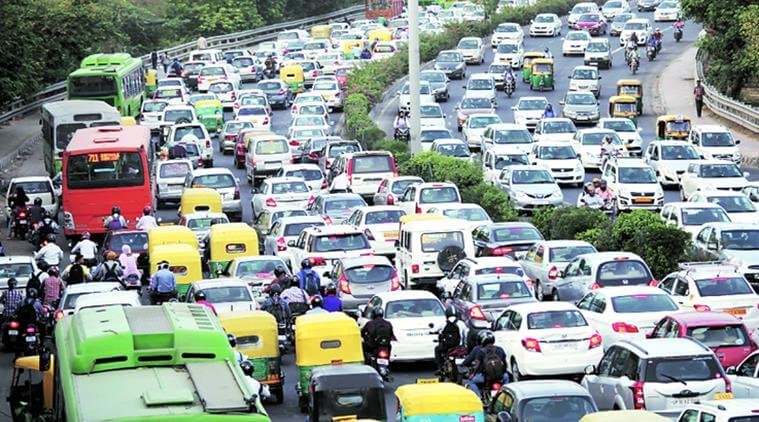If you’re a Delhi resident, you may be suffering long traffic jams on your way to work or even if you’re just driving around in the city. But guess what, given the way people drive in the national capital, it turns out these grid locks might just be saving lives.
Studies conducted by Central Road Research Institute (CSIR) show that the increase in traffic congestion in Delhi might actually have resulted in fewer accidents over the last year.

According to the data analysed by CSIR, until July 2016, 543 people have died in road accidents in the capital, as opposed to 824 deaths over the same period in the last year.
A senior scientist at CSIR, Dr S Velmurugan, told Hindustan Times:
“One of the reasons for the slump in road fatalities is the decreased average speed of vehicles due to traffic jams. When a vehicle has a lower possibility of speeding, the chances of meeting with an accident also comes down,”
According to the Institute, peak traffic speed in Delhi, which used to 30 km/hr has come down to 15 km/hr in some places. That’s the speed bicycles travel at.
According to police reports, road fatalities are at an all time low, with the current statistics being the lowest in 26 years.
Since 1990, the total number of registered vehicles on Delhi streets has also been on the rise and has gone up from 17.64 lakh to 92.54 lakh in 2013. This despite there being only a 3 per cent increase in road space. By 2015, Delhi had a record 8.9 million registered vehicles and other vehicles on its roads.
Sandeep Goel, Special Commissioner of traffic police, said:
“Speeding is a major reason for road accidents, and slowing of the traffic speed has helped bring down fatalities. Better enforcement of traffic rules and increased awareness among drivers have also played a major role in ensuring this downward trend,”
But it’s not all great thanks to the additional cars on the streets. Delhi is now struggling with among the worst air pollution in the world and vehicles are cited as being a major source of carbon dioxide and other pollutants.
(Feature Image Source: PTI)

















